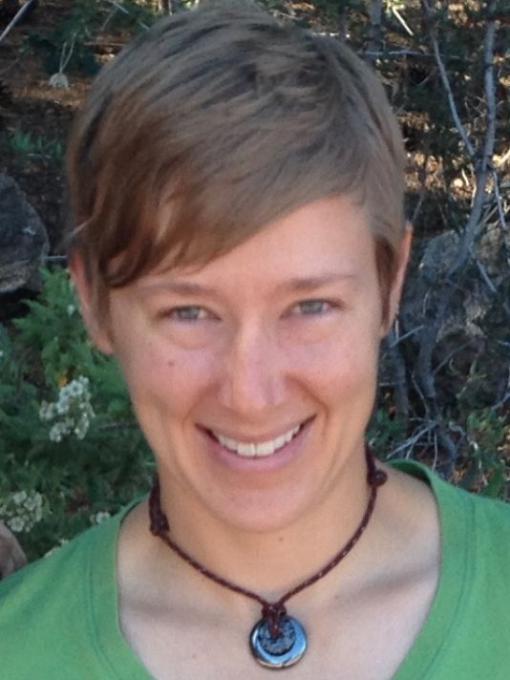
In March 2015, TIR intern Erin Marshall interviewed Kate Schifani, whose essay "Pistol Whip" won our 2014 Jeff Sharlet Memorial Award for Veterans.
EM: Could you discuss why you decided to write about your military experiences?
KS: I’ve always been writing ever since I was a little kid. It started when I was still there [in Iraq], and it was kind of a way to send things out to my friends and family to let them know I was still alive. I would just summarize what was going on. Halfway through my deployment, I started getting e-mails from friends of friends. When I got back, I started to think more seriously about what I was trying to do with writing.
EM: In “Pistol Whip,” your piece in The Iowa Review, you discuss what it’s like to be a female serving in the military. Could you talk more about this?
KS: That’s actually something that, when I was there, I didn’t think anything about. Once I was a year or two removed from that experience, I started to realize åhow crazy and absurd [being a female] made some things. I think it works for me and against me. For example, I was the only woman to be in the position that I had, which added a dynamic that nobody else could bring. I met a lot of the Iraqi men’s wives, and I even taught English to one of the guy’s wives and five-year-old son in exchange for peaches. The men wouldn’t have had the experience to do that.
But then on a sort of human level, [being a female] is important in a different way because women have a different feel than men in combat, and it was important to look at this. One of my friends recently wrote a book called Ashley’s War, which is about an all-women’s special operations team. In retrospect, I was sort of doing the groundwork for that. It was important for stories like that to be told and heard.
EM: Do you hope to continue writing in the future? Are there any new topics you’d be interested in exploring?
KS: Absolutely. Obviously I’d like to see my collection of essays from Iraq become a cohesive narrative. I think the way I interact with the world is through observing and writing, so I would love to write about what it’s like to live in Colorado, or what it’s like to be a snow professional and spend ten months of the year working with snow. There really are no new stories to be told. Now, writing is all about perspective and how we see the world differently than everybody else.
